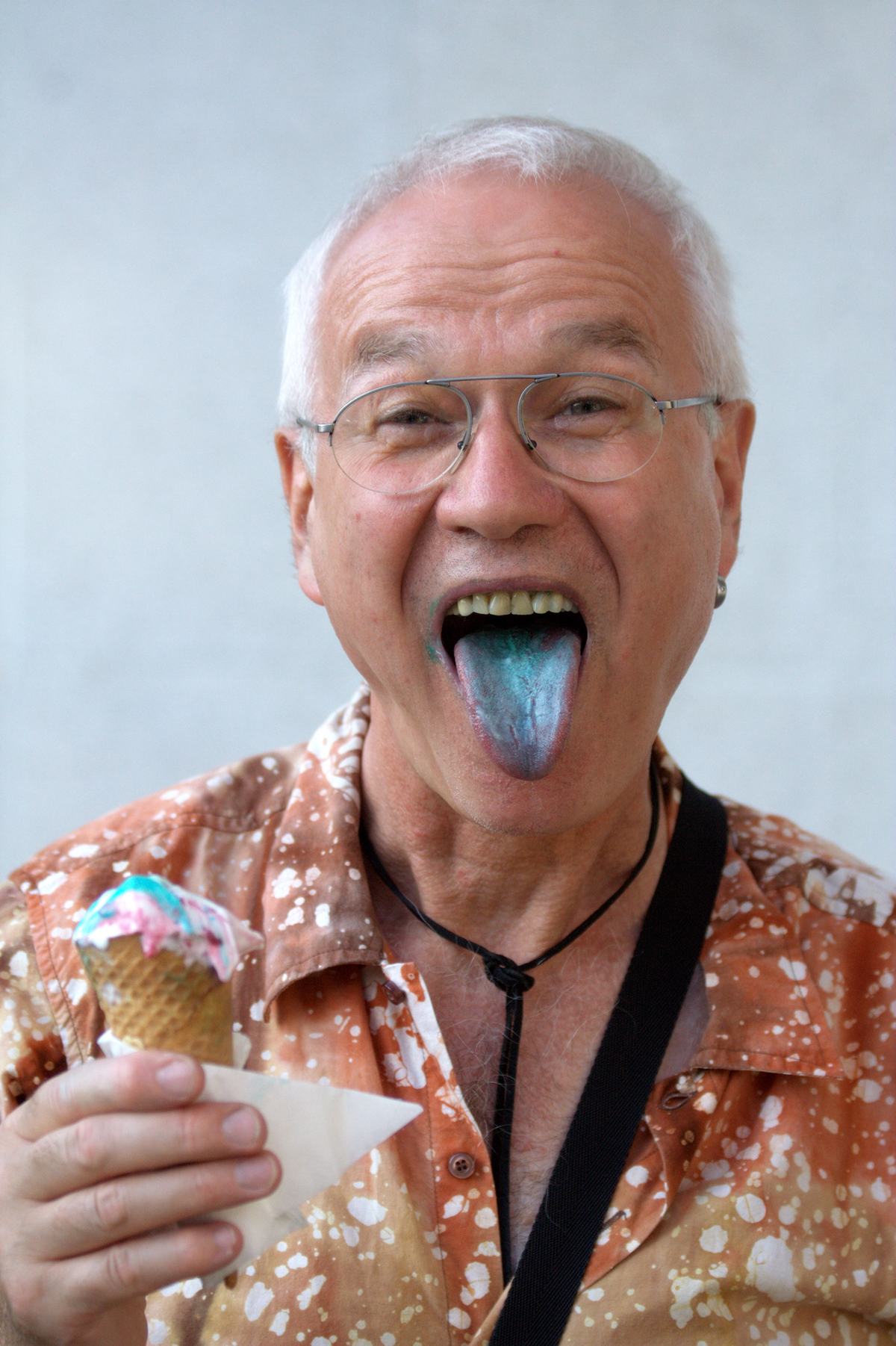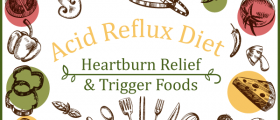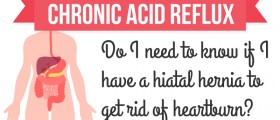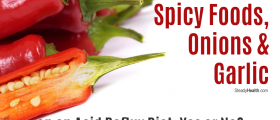
Acidic Taste in Mouth
Havingan acidic taste in the mouth happens fairly commonly and can affect any person regardless of age or other factors. Not a condition in itself, an acidic taste is rather a symptom of acid reflux.
Acidreflux is known medically as gastroesophageal reflux disease (GERD) and is known more colloquially as heartburn. When food passes through the esophagus, it is pushed into the stomach by means of a series of contracting and relaxing muscles and is finally delivered through the lower esophageal sphincter muscle that connects the esophagus and the stomach. This muscle is supposed to close tightly after food has passed through it to prevent the fluids in the stomach from moving into the esophagus. It acts as a one-way valve in that sense.
However,for some people, the lower esophageal sphincter does not function correctly or is too weak to fully close. This allows acidic stomach fluids to regurgitate back up the esophagus, sometimes reaching the mouth, which causes the acidic taste. It also causes heartburn because the corrosive hydrochloric acid from the stomach burns the esophagus as it travels through it. People who are pregnant or obese tend to experience this problem more often than other people because there is more pressure on their stomachs, increasing the chance that some stomach fluid will be forced up into the esophagus.
Evenif someone's lower esophageal sphincter functions correctly, they may still experience acid reflux and thus an acidic taste in the mouth. Eating too much overall, consuming foods high in fat or salt or eating particularly large meals can strain the stomach and cause acid reflux. High activity in the digestive system causes the stomach fluids to react vigorously and can cause some fluid to reflux into the esophagus.
Otherthings such as smoking and certain medications can force the lower esophageal sphincter to relax, which leads to acid reflux in a similar way. Also, if a person needs to bend over frequently throughout the day, be it because of their job or because of their daily routine, they may also experience an acidic taste in the mouth quite often.
Treatment
Maintaininga balanced diet is key to controlling GERD. Limiting the amount of food consumed and carefully monitoring salt and fat intake via food will help prevent acid reflux from occurring in the first place. Reducing smoking can also help.
Certainmedications, such as antacids, can directly reduce the activity of the stomach fluids, thereby decreasing the chance that the fluid enters the esophagus. Sometimes, if the lower esophageal sphincter is functioning particularly poorly, surgery may be required to correct the problem.

















Your thoughts on this
Loading...